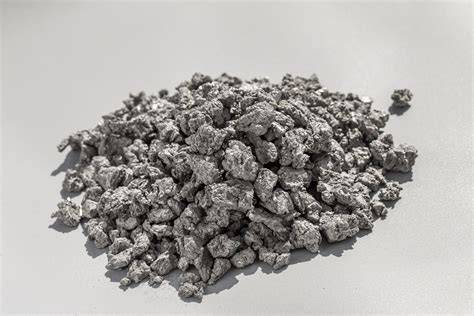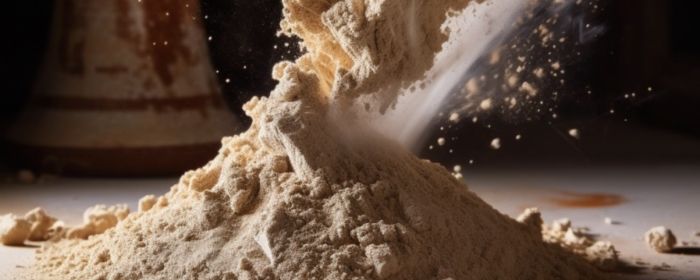

With the maturation of Metal Injection Molding (MIM) technology, using metal powders in the medical device industry has become increasingly widespread.
Medical metal materials are widely used in various aspects such as surgical aids, artificial organs, hard tissues, and soft tissues. They generally need to have sufficient strength and toughness, appropriate elasticity and hardness, good fatigue and creep resistance, as well as necessary wear resistance and self-lubricating properties. However, both conventional material implants and metal material implants can significantly impact patients.
There are two main issues in the application of medical metal materials:
1. Corrosion in physiological environments leads to the diffusion of metal ions into surrounding tissues.
2. Degradation of the implant material itself.
The former can cause toxic side effects, while the latter often leads to implant failure. Therefore, in addition to good mechanical and physical properties, medical metal materials must also possess excellent physiological corrosion resistance and biocompatibility.
Based on the above conditions, titanium-based powders, cobalt-based powders, stainless steel powders, magnesium alloys, and other metal powders have emerged as common metal powders in the medical industry.
Titanium-based powders are ideal, promising implant materials suitable for implantation. Titanium's density is close to that of human bone, making it lightweight. Additionally, it is non-toxic, high in strength, and has good biocompatibility.
Since the 1960s, titanium alloys have been widely used clinically as human implant materials. Research on titanium alloy powders for implants has rapidly advanced, from the initial Ti-6Al-4V to Ti-5Al-2.5Fe and Ti-6Al-7Nb, and more recently developed new β-titanium alloys, all of which have important applications in the medical industry.
Titanium-based powders are widely used clinically to manufacture artificial joint components, bone plates, and screws. Additionally, they are used to create artificial vertebrae (spine correctors), artificial hearts (heart valves), dental implants, pacemaker housings, and more.
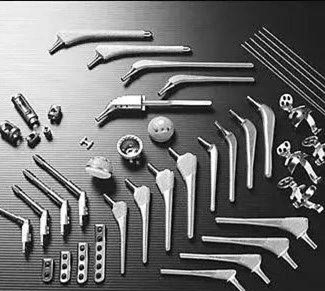
Fig 1. Titanium medical devices
The most common cobalt-based alloy powder is Co-Cr-Mo, composed mainly of cobalt, chromium, and molybdenum, with small amounts of nickel, titanium, and other elements added occasionally. It has excellent corrosion resistance, high strength, good wear resistance, and biocompatibility. Co-Cr-Mo can be forged or cast, though manufacturing and processing are challenging. Its mechanical properties and corrosion resistance are superior to stainless steel, making it an excellent biomedical metal material.
Cobalt-based alloy powders are widely used to manufacture ball heads and joint cups for hip and knee replacements because of their superior wear and corrosion resistance. They are also commonly used in dental implants, such as crowns, implant abutments, and connectors.
.png)
Fig 2. Ball heads and joint cups for hip and knee replacements
Medical-grade stainless steel is currently the most widely used medical metal material. 302 stainless steel was the first medical metal material used, known for its good corrosion resistance and high strength. Compared to other metal powders, stainless steel powders are cost-effective and easy to process. They can be made into various prosthetics and shapes, such as crowns, triangular nails, screws, intramedullary nails, plates, and other devices.
The commonly used medical stainless steels today are 316L and 317L, primarily composed of Fe60%-65%, with important alloy additions of Cr16%-18% and Ni10%-14%. To avoid nickel toxicity, researchers have developed high-nitrogen, nickel-free stainless steel. In recent years, low-nickel and nickel-free medical stainless steels have gradually been developed and applied.
.png)
Fig 3. Medical-grade stainless steel
Magnesium alloy powders show great potential in the field of biodegradable implants. Magnesium is an essential trace element for the human body, and the magnesium ions produced by the degradation of magnesium alloys can be absorbed and utilized by the body without toxic side effects. Therefore, magnesium alloys gradually degrade and are absorbed in the body, eliminating the need for a second surgery to remove the implant, which is significant for patient recovery and comfort.
Magnesium alloy powders are suitable for temporary support implants, such as fracture fixation plates and screws. As the bone heals, the magnesium alloy gradually degrades. Moreover, the density of magnesium alloys is close to human bones, reducing the foreign body sensation and stress shielding effect of implants. Degradable magnesium alloy vascular stent is the biggest research progress in the field of magnesium alloy as a degradable biomedical metal material.
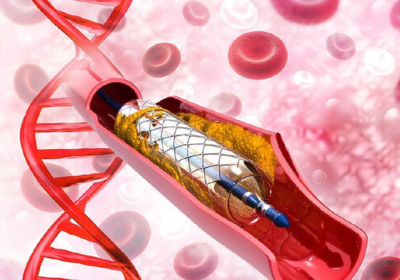
Fig 4. Degradable magnesium alloy vascular stent
Nitinol is a shape memory alloy that can deform into another shape at certain temperatures and automatically return to its original shape under specific conditions. Nitinol powder has a high fatigue limit and good corrosion resistance. Its unique shape memory recovery temperature matches the human body temperature, providing good biocompatibility. Therefore, it is widely used in the medical field. In recent years, nickel-titanium shape memory alloys have been used in cardiovascular treatments, with nickel-titanium stents showing great promise for treating coronary artery disease.
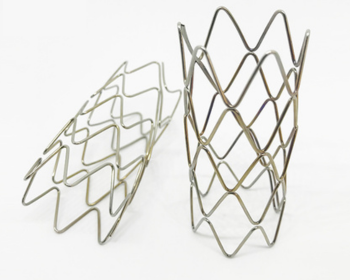
Fig 5. Nitinol arterial stent
Read more: Nitinol Spherical Powder: A Superelastic Shape-memory Alloy
Bacterial infections caused by implanted devices are a significant clinical problem. Antibacterial medical metal materials have strong broad-spectrum bactericidal functions, can inhibit the formation of bacterial biofilms, and have broad application prospects. Copper and silver are widely used antibacterial metal powders.
For example, adding a suitable amount of copper with strong antibacterial functions to medical metal materials can effectively reduce infections, as copper continuously and minimally releases copper ions in physiological environments, providing significant antibacterial effects.
The maturation of Metal Injection Molding (MIM) technology has expanded the use of metal powders in the medical device industry, offering significant advantages such as the ability to create complex, customized implants with minimal material waste. Metal powders, like titanium, cobalt, stainless steel, and magnesium alloys, meet stringent requirements for strength, corrosion resistance, and biocompatibility. Advances in antibacterial metal powders, such as those incorporating copper and silver, further enhance their application by reducing infection risks. Overall, metal powders are poised to play a crucial role in the future of medical device innovation, improving patient outcomes and enabling personalized medicine.
Stanford Advanced Materials (SAM) is at the forefront of powder development and offers a wide range of medical-grade alloy powders such as Titanium Alloy Powders, Cobalt-Based Alloy Powders, Stainless Steel Powders, Nitinol, etc. For more information on these powders, please contact us and check out our page.

United States
.png)
